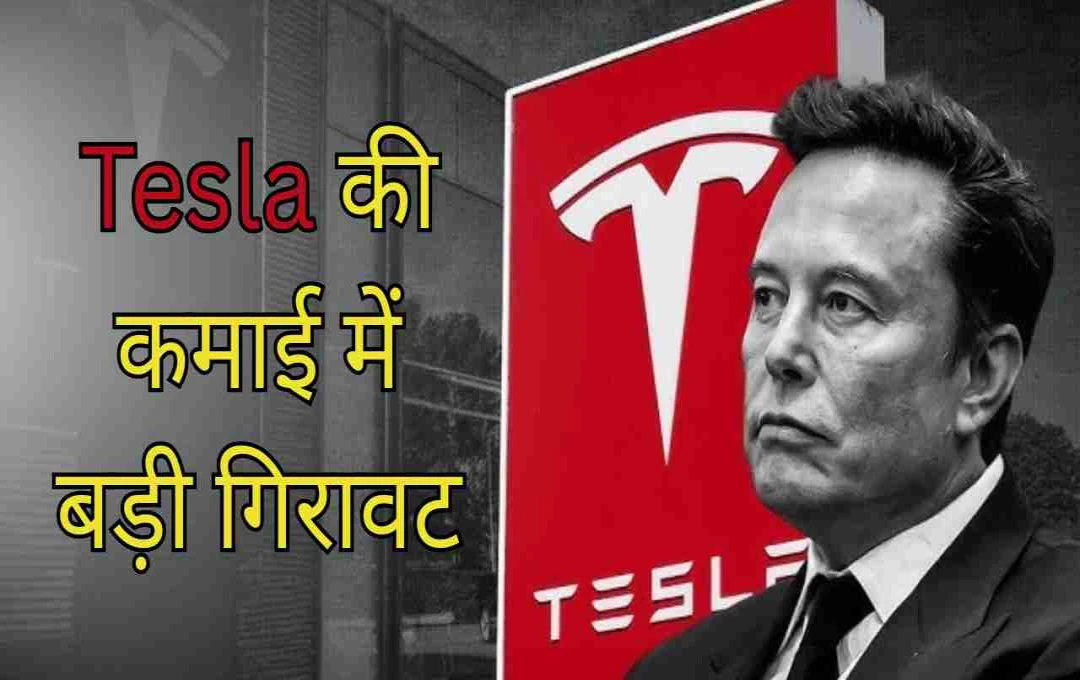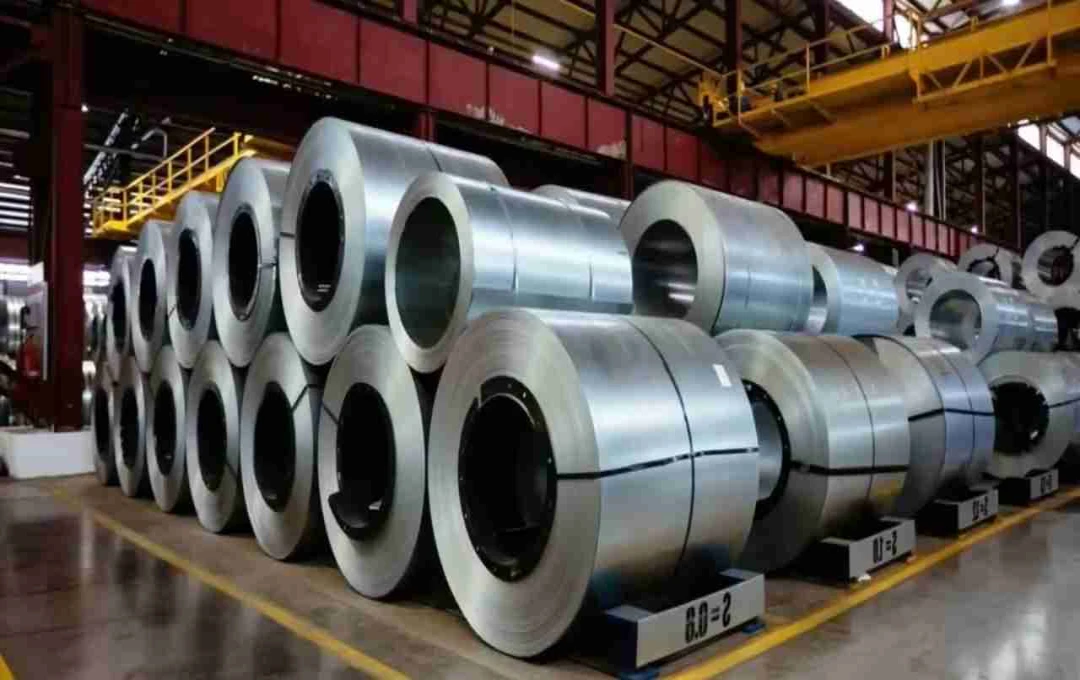Tesla, the world-renowned electric car manufacturer, has released its April-June quarter, or second quarter (Q2), results, which were significantly weaker than expected. The company's total revenue decreased by 12% to $22.5 billion, compared to $25.5 billion in the same quarter last year. In terms of profit, it fell from $1.4 billion to $1.17 billion, a decrease of 16%.
This decline in earnings has increased investor concerns. The company's earnings per share on an adjusted basis were only 40 cents. These figures come at a time when Tesla is already facing several challenges globally.
Largest Decline from Auto Business, Significant Drop in Deliveries
The biggest impact on Tesla's latest results has been on its core automobile business. Revenue from this segment was $16.7 billion, compared to $19.9 billion last year. This means that sales of Tesla vehicles have fallen significantly. Revenue from regulatory credits also nearly halved to $439 million, compared to $890 million last year.
The company delivered a total of 384,000 electric vehicles in this quarter, which is 14% less year-on-year. This decline comes at a time when expectations for the demand for electric vehicles in global markets were increasing.
Slight Relief from Supercharger and Service Segments

While the auto business put pressure on the company's earnings, there was slight relief in the service segment. This segment includes supercharging stations, vehicle repair services, and other after-sales services. The gross profit in this segment increased by 17%.
The company added 2,900 new Supercharger stalls during this period, increasing its global network by 18%. Tesla now has more than 7,300 charging stations. This was the only area where the company maintained growth.
Brand Image Deteriorated Due to Political Controversies
The reasons behind Tesla's falling earnings are not only business-related, but the company has also faced criticism on the political front. Elon Musk's statements supporting former President Donald Trump in the United States and the right-wing party AfD in Germany have surfaced.
Following these statements, resentment towards Tesla has been observed in several countries. The brand's image has taken a hit, which has also affected vehicle sales. Elon Musk has been in the news for political rhetoric before, but this time its impact is clearly visible in the company's results.
New Policies and Tariffs Increased Difficulties
New tariffs imposed in the United States by the Trump administration have affected Tesla's supply chain. The company has had to make changes to some of its parts and assembly locations, which has caused disruptions in production and delivery.
The company's Chief Financial Officer (CFO), Vaibhav Taneja, has warned that deliveries may face further difficulties from the end of August. Additionally, the $7,500 tax credit available on Tesla vehicles due to the “Big Beautiful Bill” passed in the United States may end after September. This will affect vehicle prices and sales.
Elon Musk's Statement – “Difficult Times May Come”

After the release of weak earnings figures, Tesla CEO Elon Musk warned investors in a call that the next few quarters could be “difficult.” He said that the company is facing several challenges related to the supply chain, new policies, and global conditions.
However, Musk also expressed confidence that Tesla's financial situation could be “very attractive” by the end of next year, provided everything goes according to plan. But in the current situation, his concern was evident.
Tesla's Reputation Fell in the Stock Market
After Tesla's weak results and Musk's statement, the company's shares fell by more than 4.5% in after-hours trading. This has further increased concerns among investors.
Tesla's shares have been volatile for the past few months, but this time the decline is due to the weakness in the company's fundamental position. According to market experts, if deliveries and revenue do not improve in the coming quarters, the road ahead for Tesla may become even more difficult.
Tesla is Struggling with Global Challenges
Tesla is currently facing competition and policy changes not only in the United States, but also in Europe and Asia. Factors such as the rapidly increasing grip of domestic companies in China and the reduction in EV subsidies in Europe have affected the company's growth.















